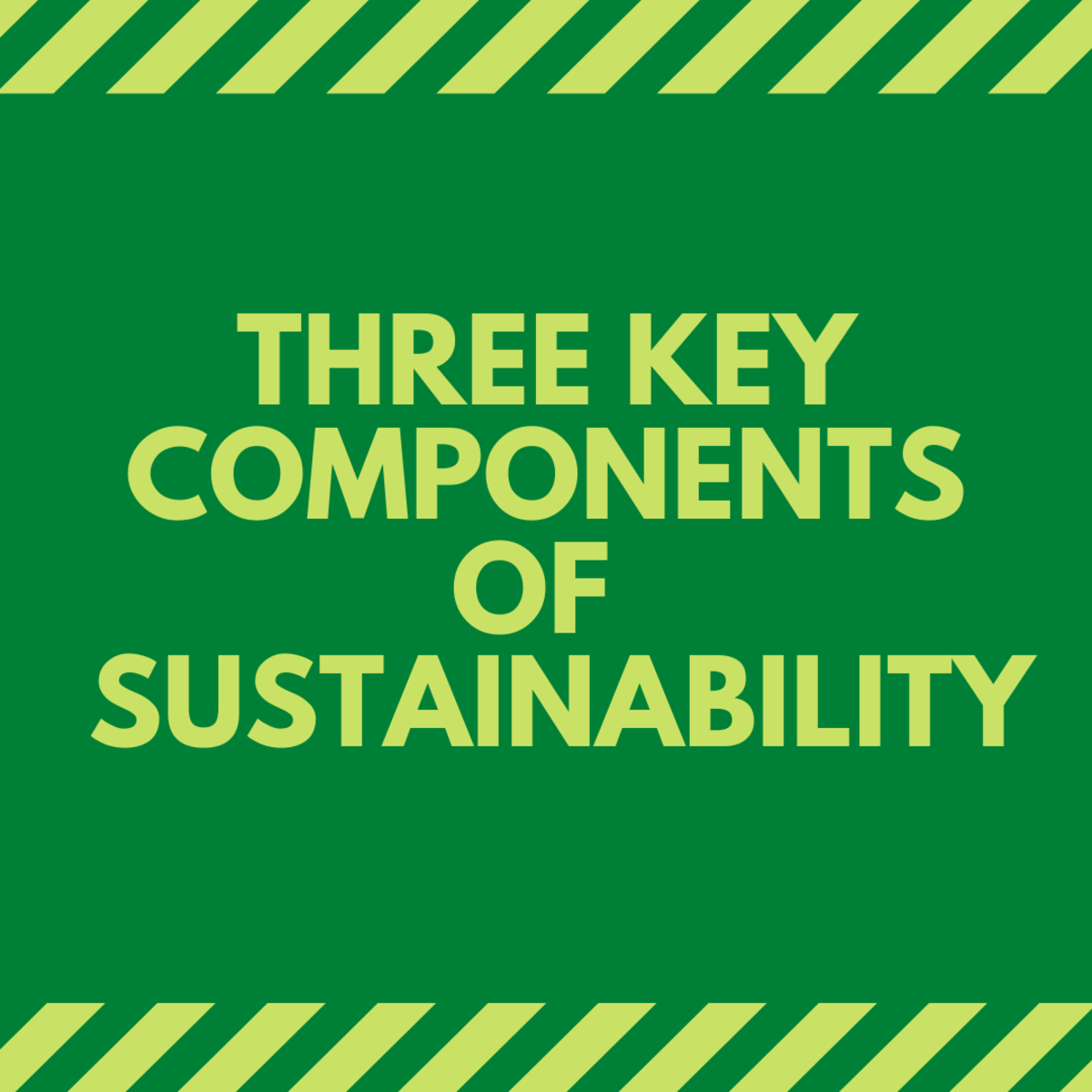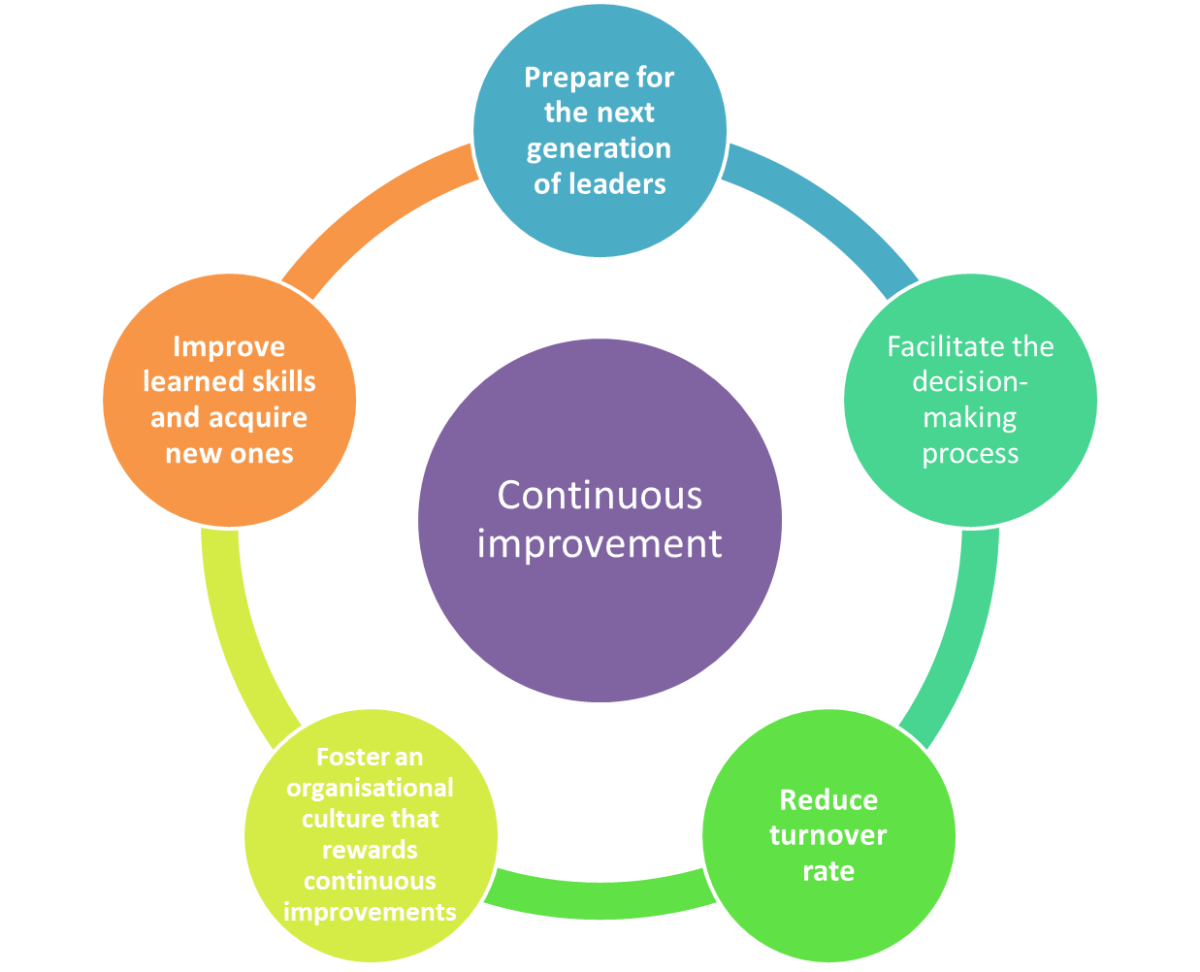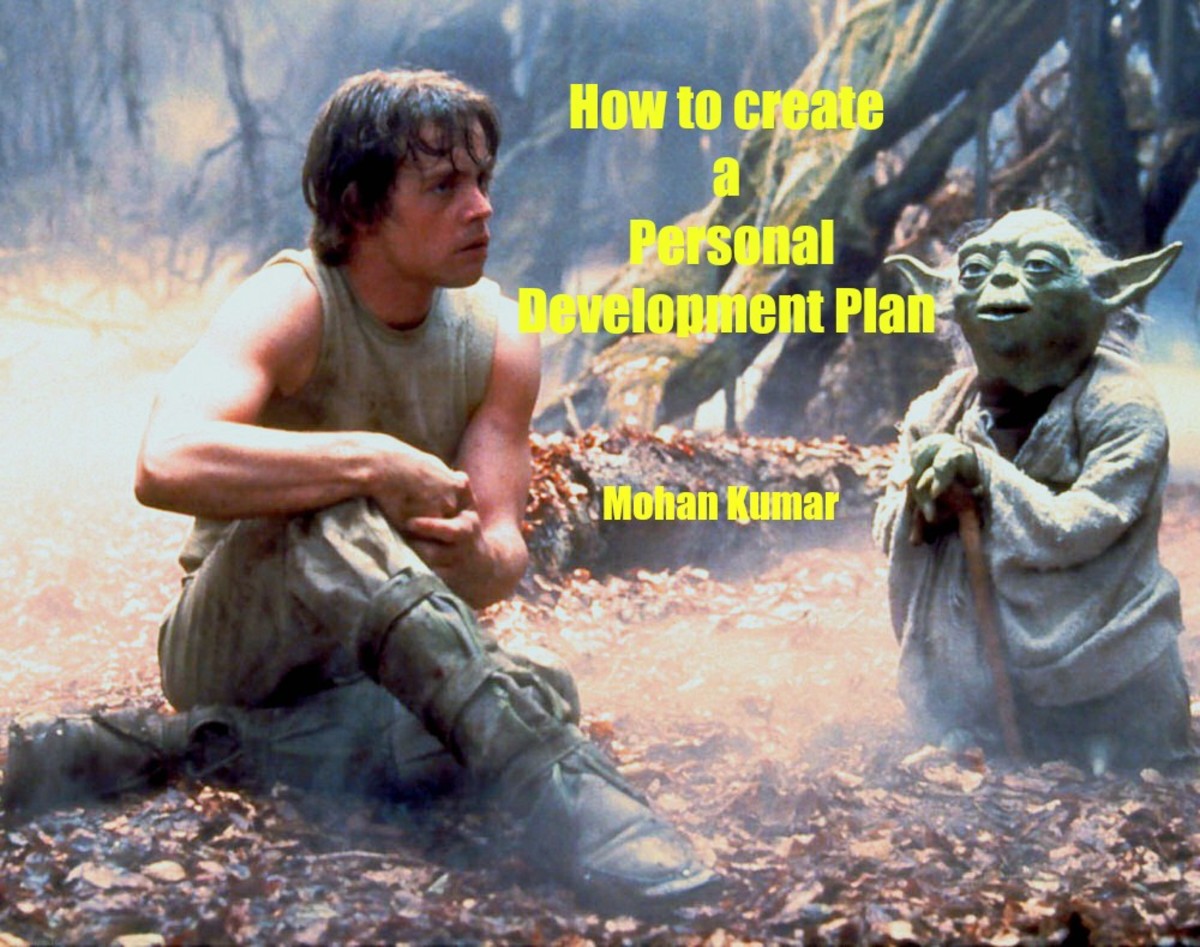Careers in Environmental Consulting

What does a Green Consultant do, and how can I become one?
Environmental professions and anything else Green is still red hot these days; even with a few dips in the economy, there's an increasing awareness of the need to conserve our planet's resources.
Green consultants can work in any number of fields. In some cases, certification is available, and in others, professionals can simply enhance their current knowledge by expanding their expertise in ways to protect, improve or enhance the environment within their area of specialty.
Environmental consultants can do one or more of the following things:
- Help companies abide by environmental laws
- Consult about land use issues in environmentally sensitive areas
- Recommend cost-savings strategies through energy conservation
- Help improve a corporation's image through its emphasis on the environment
- Help get special certification for companies seeking an environmental edge on the market
- Many other things that raise awareness, conserve energy or protect the environment
There are a number of ways you can turn your current career and talents into a lucrative environmental consulting business. First, do some research to see whether there are certifications available that might help you.
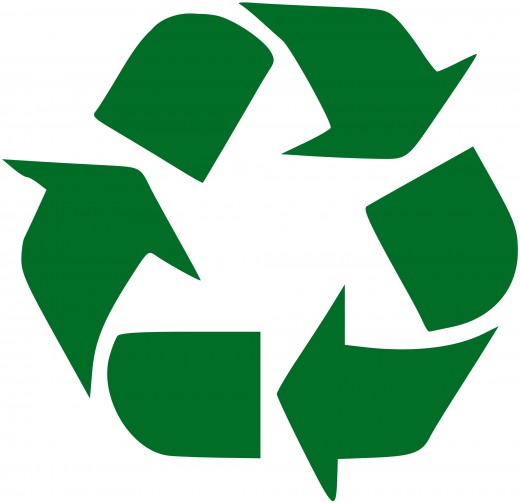
Become LEED Certified
The U.S. Green Building Council (USGBC) offers several certification programs for individuals in non-technical professions as well as those in various types of industries the council represents.
LEED stands for Leadership in Energy and Environmental Design, and holding this credential is the gold standard for excellence in protecting the environment and conserving energy through proper construction and engineering.
Certification is a third-party process offered through USGBC to educate businesses and professionals in current state-of-the-art techniques to design, engineer, construct and maintain energy efficient buildings for public, private or corporate use. Its standards are stringent, and LEED credentials can go a long way to demonstrate the expertise an individual has in this area.
Currently, the following types of certifications are available:
Leed Green Associate: A course and certification designed for non-technical professionals that will demonstrate ability in green building expertise. After initial certification, 15 hours of continuing education is required each reporting period to maintain the credential. Continuing education courses can cover such topics as documenting and certifying projects, LEED as it relates to a retail setting, LEED related to brokers and success strategies for LEED.
Additional Certifications: Several more advanced credentials are available for individuals who design, construct or make improvements to commercial buildings, institutions, residential buildings (including high-rises) or other types of construction. Certification is also available for neighborhood design and development. Each successive credential requires the initial LEED Green Associate certification as well, but the exams can generally be taken at the same time.
LEED Fellow: In 2011, the Green Building Certification Institute announced a LEED Fellows program to designate and recognize the most advanced professionals. Fellows are nominated by various professionals and serve as mentors and educators in LEED programs.
New grads as well as experienced professionals can become Green Consultants



Go Green as a student or in your current profession
For Students:
Many special programs for environmental specialties are available for those still in college, and often, there may be grant funding or internships that will provide funding for those courses.
Are you already working?
You say you don't work in construction, remodeling or neighborhood development? There are plenty of ways to create a niche for yourself as the Green expert in your field. Here are some tips for various professions:
A Few Examples
Accounting: Research ways to analyze and compare costs for various energy efficiency steps an industry or firm can take. Large corporations pay many dollars to find ways to save yet more money through cutting utilities, reducing waste products and other environmentally sound strategies. Someone has to be skilled in running the numbers for these decisions; if accounting is your field, you might be the one to do it.
Communications: Many companies that are transforming their focus on the environment want to publicize this to consumers. Communications professionals can help corporations create a new image or educate customers on how to use new products that conserve energy.
Education: No matter what grade level a child is in, at some point, the environment will be part of the curriculum. If you have a background in teaching, you can help school systems, educators and others develop programs or activities for various age groups that will help raise awareness among students.
Health Care: You can help patients or clients protect their health through educating them about air quality, chemical pollutants in the home and other elements that harm the environment as well as the population. You can also offer your services to health care industries to that want to create greener environments for their client base.
Lobbying: If you have a background in the legal arena or in legislative work, you might find work with non-profits or corporations as a lobbyist to help push through new laws to support the environment.
Purchasing: Companies can get good publicity by purchasing recycled goods. As a purchaser, you can help find good sources for reliable products and you can be a guiding force in helping a company (or even an industry) transition to greener pastures. You can also help find equipment that uses less energy whenever the time comes to replace things.
Travel: Many resorts and hotel chains are proud of their focus on the environment. In addition, various airlines have taken steps to reduce fuel consumption through lightening the weight of their aircraft fleet or adopting designs that are more efficient. If your career is in the huge travel industry, you can take a greener approach and market yourself as an eco-friendly specialist.
Opportunities for Students
Use your professional network to spread the word!
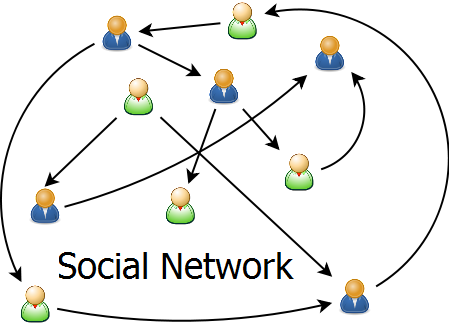
How to market yourself as a Green Consultant
Now that you've decided the path to take, and you have expertise to offer industries and corporations, how do you get the word out? These steps will help you transition into your new identity:
Revise your public image:
Take an inventory of every single place your name appears publicly and revise it to mention your new focus on Greenness. You can add a phrase such as "Specializing in the Environment," or "Green Consultant" to draw attention to your expertise. Be sure to update any photos that might, somehow, not add to your Green image.
- Here's a brief list of profiles you will want to update:
- Professional organizations and memberships
- Alumni groups
- Church or synagogue directory
- Neighborhood directory
Put out the word:
Let people know through your network resources as well as the local media. The following steps don't take a huge amount of time, and can help stamp you as a Green expert in your field.
- New business cards
- Create a brochure
- Send messages to 'friends' on Facebook or LinkedIn
- News releases to local media
- Photo and brief announcement in Business Section of local paper
Offer to speak to groups:
Most clubs and organizations are eager to fill their speaker slots for monthly meetings. Contact various groups (and ask your friends if they're members of groups!) and let them know you can present a talk about the environment. Focus on sharing information and raising awareness rather than marketing yourself - you're not there to give a sales pitch; you're there to build your network. Be sure to have business cards available!
Speaking engagements can help you refine what you say to prospective clients, and they can help spread the word that your services are on the market. People tend to remember who they've met in various career fields, and someone in the audience might forward your name to your next client.
How do I decide what to charge?
Since a Green Consultant can work in many specialty areas, the going rate will depend on what your basic career field can command.
Consultants are generally paid more per hour than a staff employee might earn. It might be possible to research what a Green expert would command in your field. If you don't have that information at hand, consider starting at the higher end (the upper third, for example) of what a basic consultant would get in your field, and be prepared to show prospective clients the added value you will bring as a Green Consultant rather than one without that specialization.



